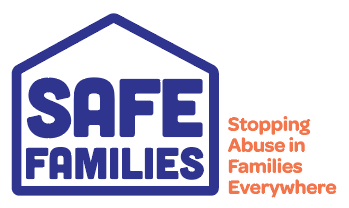 ‘Rotary SAFE Families’ was established in 2018 to help stop all forms of family violence by addressing its underlying causes. It has evolved into a national program with valuable resources and tools including short films, Manual, Toolkit, translated information to assist every Rotarian in every part of Australia to become informed playing their part in Stopping Abuse in Families Everywhere.
‘Rotary SAFE Families’ was established in 2018 to help stop all forms of family violence by addressing its underlying causes. It has evolved into a national program with valuable resources and tools including short films, Manual, Toolkit, translated information to assist every Rotarian in every part of Australia to become informed playing their part in Stopping Abuse in Families Everywhere.
D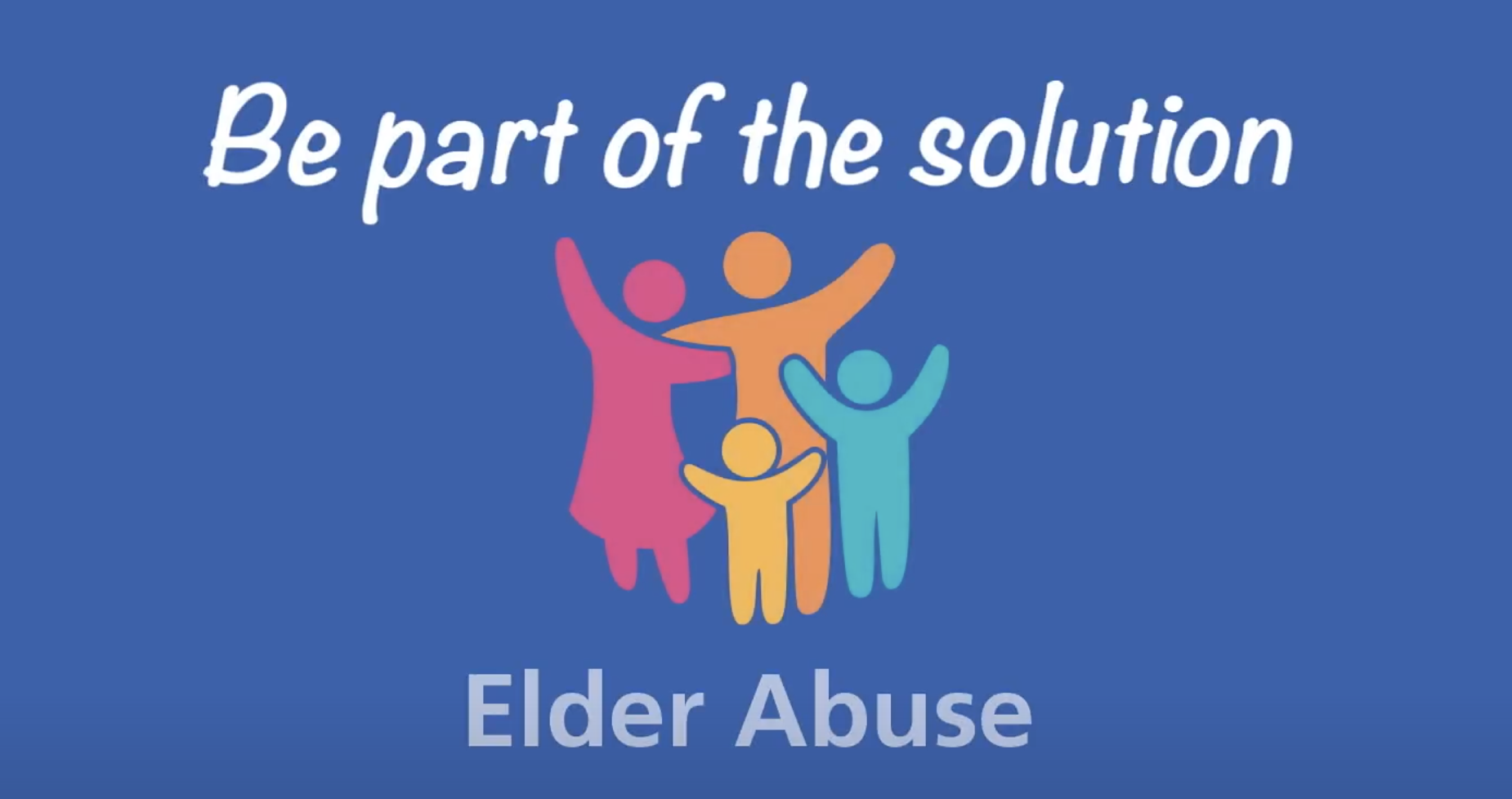 orothy Gilmour introduced us to Rotary Safe Families with a talk on “Elder Abuse”, which she backed up with a movie and discussion notes.
orothy Gilmour introduced us to Rotary Safe Families with a talk on “Elder Abuse”, which she backed up with a movie and discussion notes.
The movie demonstrated several varieties of elder abuse, some of which may be done unintentionally or thoughtlessly, through to others done with real malice.
If you missed it, the movie can be seen at: https://www.youtube.com/watch?v=KZKd-9Rr4rk
 The film had a powerful message around learning to recognise abuse, be informed and able to safely raise your concerns and then refer the victim or possible victim, to Police (if emergency) and/or an appropriate support agency in your neighbourhood.
The film had a powerful message around learning to recognise abuse, be informed and able to safely raise your concerns and then refer the victim or possible victim, to Police (if emergency) and/or an appropriate support agency in your neighbourhood.
It carries the message that we must not be an inactive bystander, we must apply the 3 RRR's of Rotary SAFE Families:
- Recognise – the signs, behaviours and culture that drive abuse
- Raise – your concerns safely with victim/possible victim
- Refer – for support (000 emergency/1800RESPECT or suitable agency OR Make the call yourself!
Elder abuse can occur in many contexts including the home and residential care settings. It can be perpetrated by family members, friends and non-family members trusted by the older person. Most elder abuse occurs within the family or in a domestic setting with the most common form being ‘intergenerational’ which is perpetrated by an adult child against their parent.
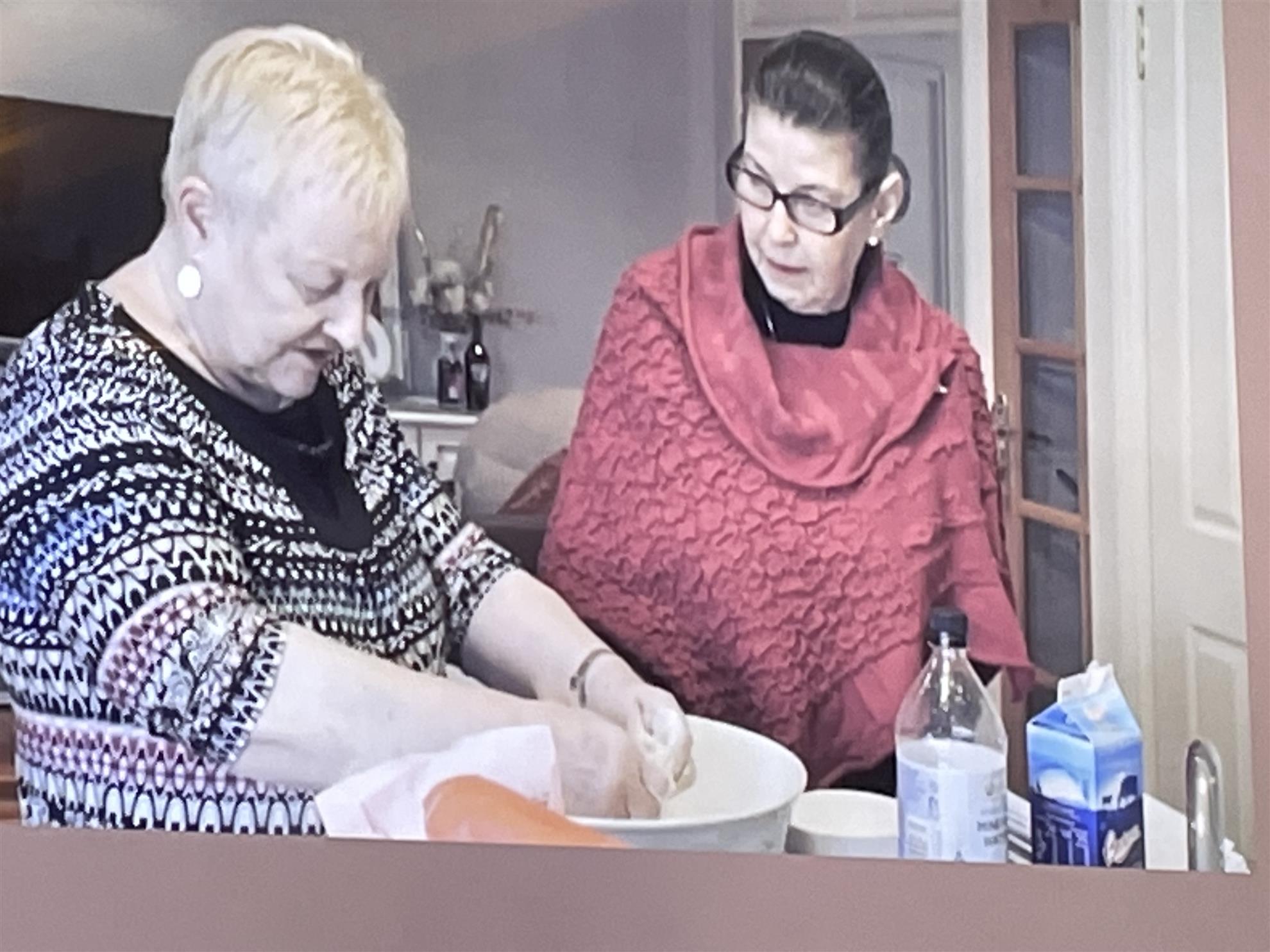 Elder abuse should not be confused with professional misconduct by paid employees such as carers/nurses; self-neglect (which is not regarded as elder abuse in Australia); unequal consumer transactions and/or scams that target older people or criminal acts perpetrated by a stranger on an older person, all of which are not forms of elder abuse.
Elder abuse should not be confused with professional misconduct by paid employees such as carers/nurses; self-neglect (which is not regarded as elder abuse in Australia); unequal consumer transactions and/or scams that target older people or criminal acts perpetrated by a stranger on an older person, all of which are not forms of elder abuse.
Dorothy described different types of elder abuse: financial, physical, sexual, emotional and neglect, and she challenged us to identify the “heroes” in the film.
This led to questions from the audience and discussion, about how some may be reluctant to report family members, the signs and symptoms of abuse, and the need to take action.
MC Anne Scott thanked Dorothy for skilfully "filling the gap" in the program with an informative and thought-provoking introduction to "Rotary Safe Families".
Rotary SAFE Families was created by two Rotarians who want to make a positive difference to the world by the prevention of family abuse: Abuse to women, children, men and our elderly.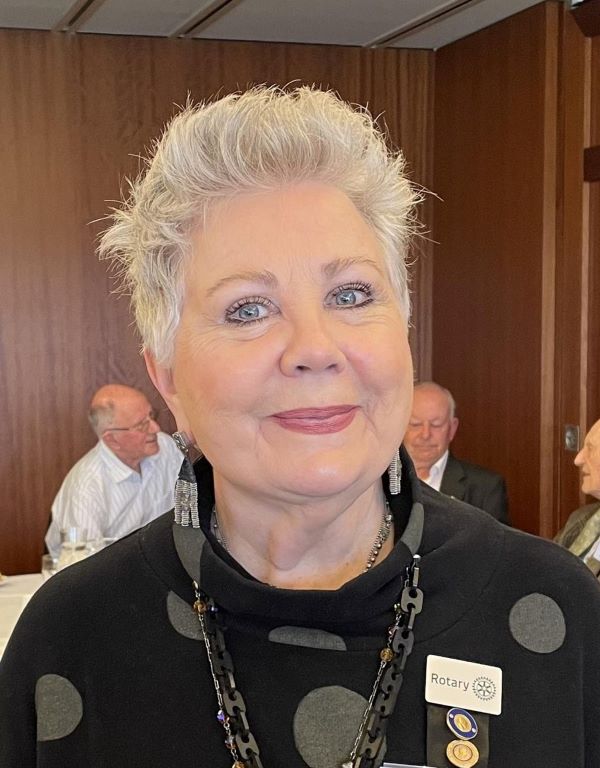
Dorothy Gilmour has vast experience and professional, academic history in Social Sciences including human behaviours and challenges of specialised groups.
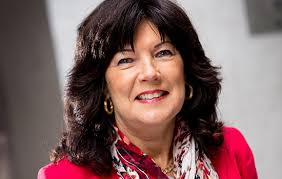 Mary Barry is a CEO with over 20 years’ experience across a number of sectors including health and aged care, emergency services and family violence.
Mary Barry is a CEO with over 20 years’ experience across a number of sectors including health and aged care, emergency services and family violence.